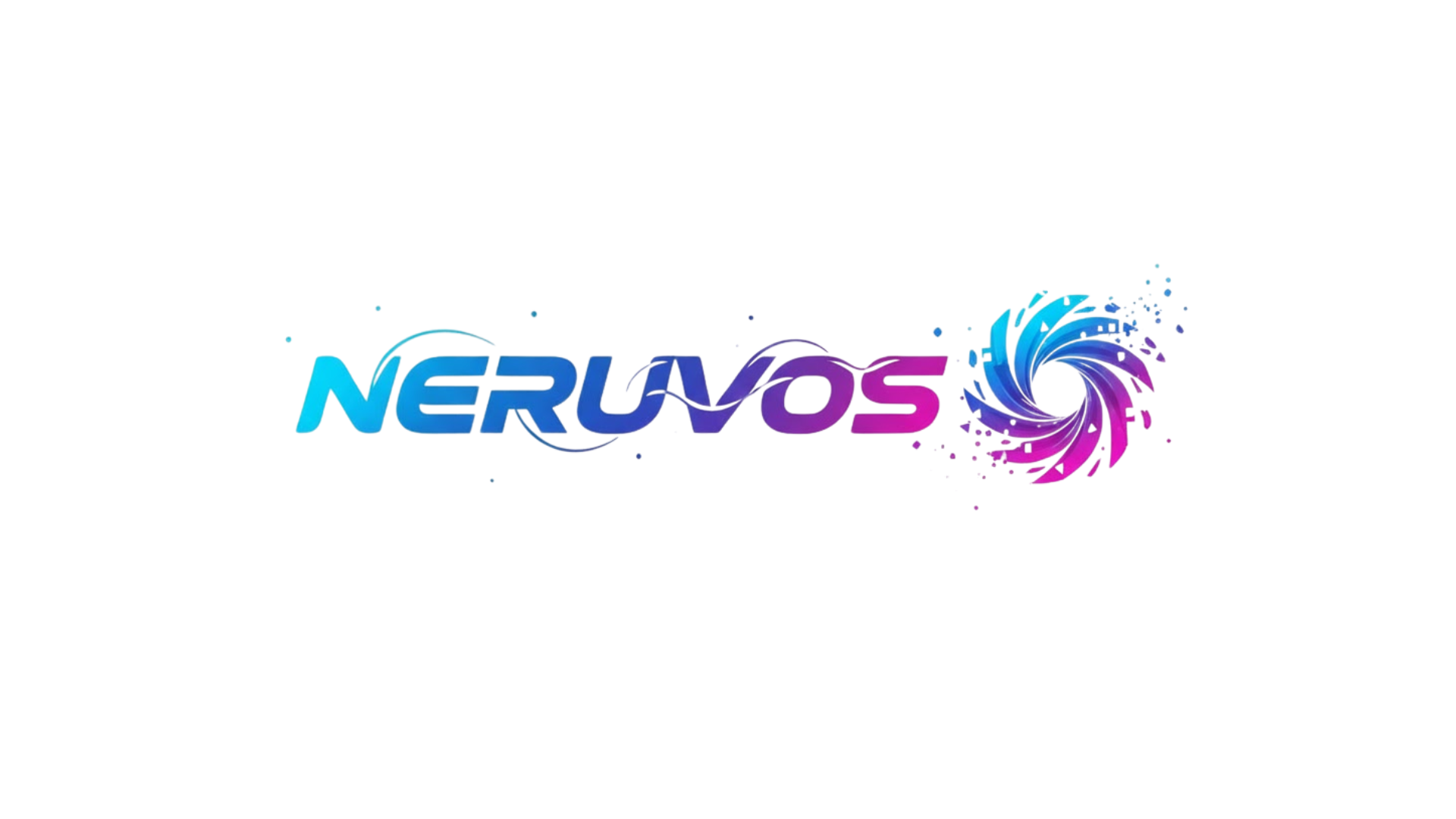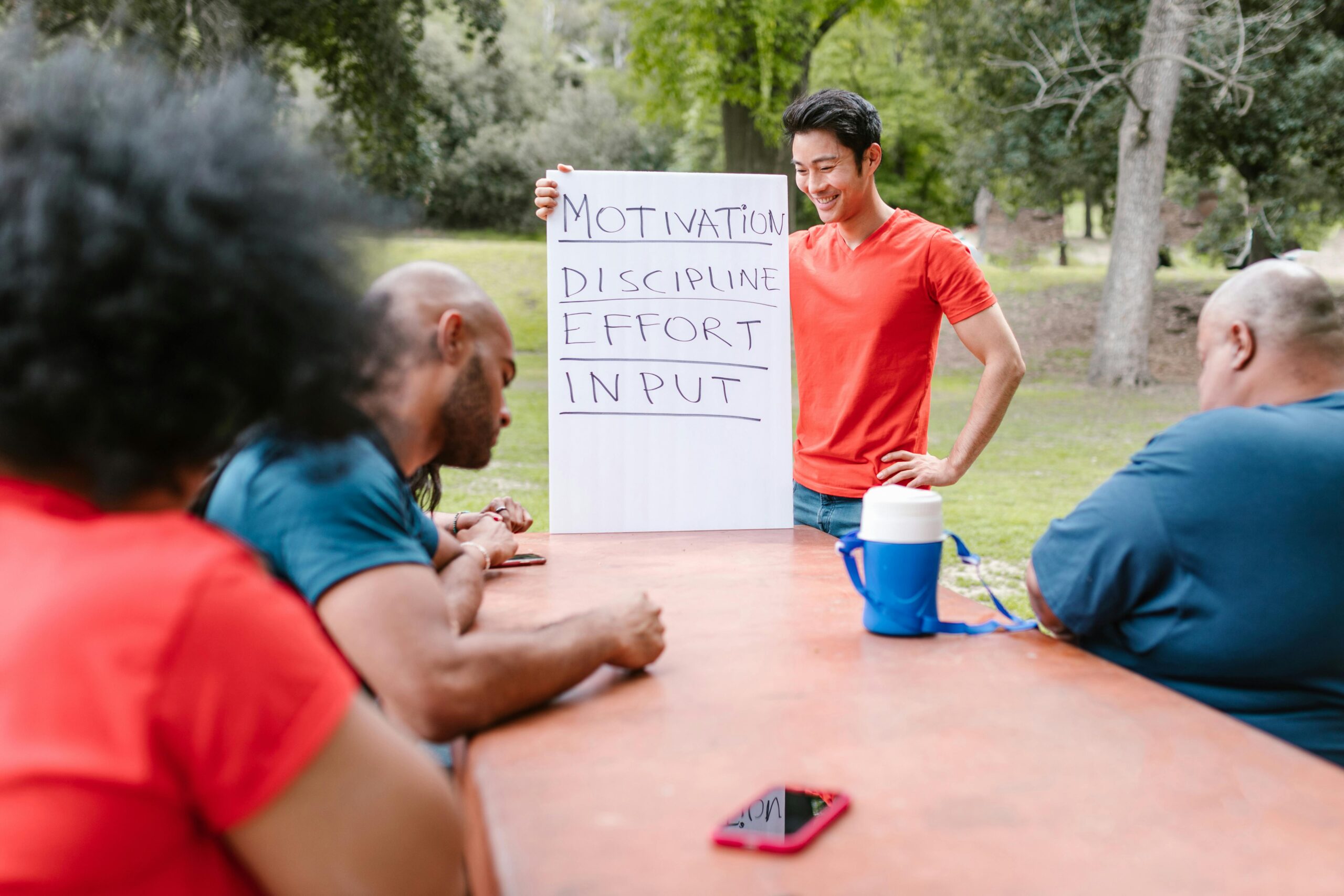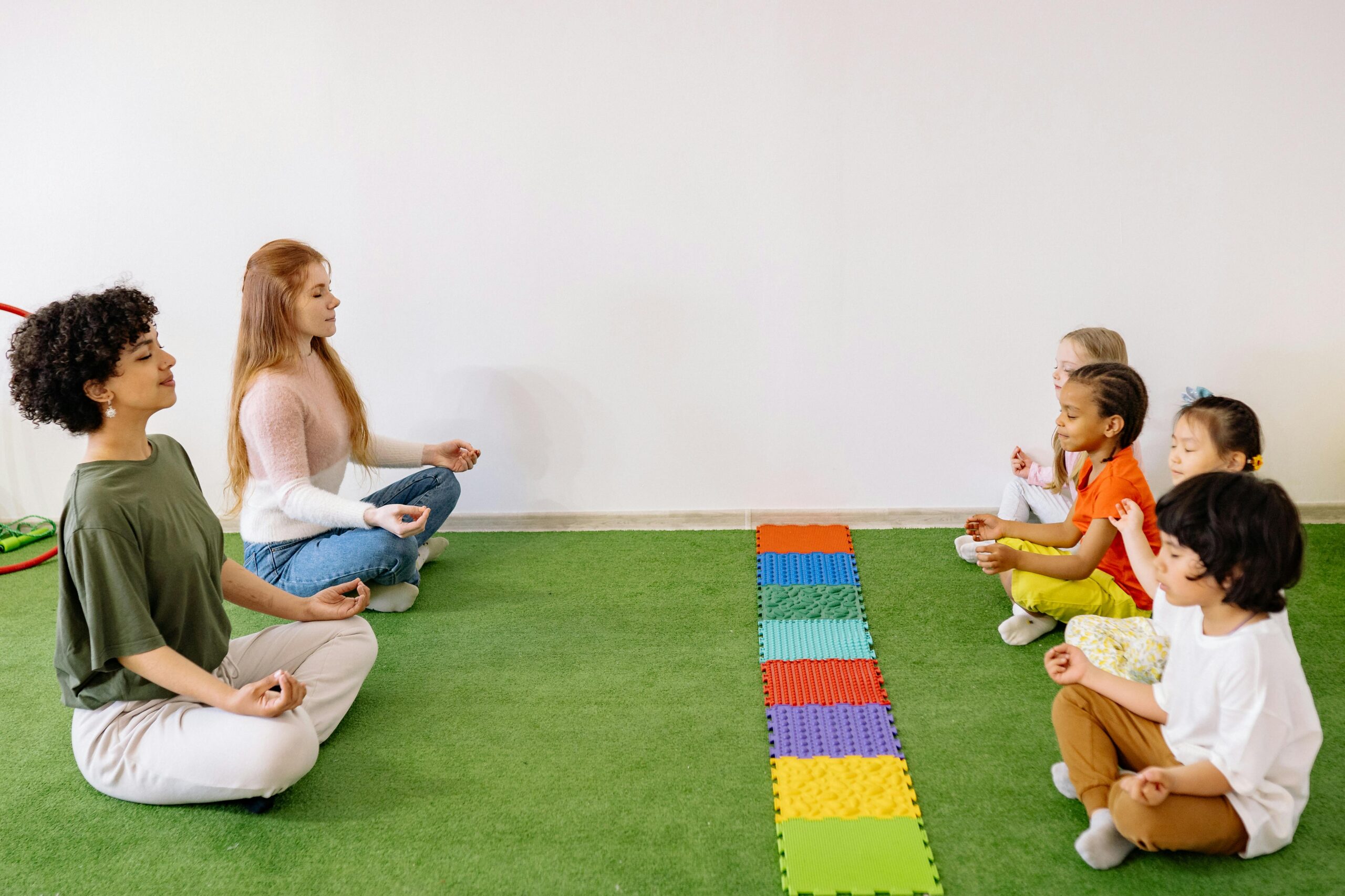The human brain is a remarkable organ that thrives on challenge, adaptation, and growth. Continuous learning isn’t just a professional buzzword—it’s a fundamental psychological mechanism that shapes our success, happiness, and resilience throughout life.
🧠 The Neuroscience of Lifelong Learning: Why Our Brains Crave Growth
Our brains are designed for learning, not just during childhood but throughout our entire lifespan. Neuroplasticity—the brain’s ability to reorganize itself by forming new neural connections—remains active well into old age. This biological reality challenges the outdated notion that learning capacity diminishes after formal education ends.
Research from leading neuroscience institutions demonstrates that when we engage in continuous learning, our brains release dopamine, the neurotransmitter associated with pleasure and motivation. This creates a positive feedback loop: learning feels rewarding, which encourages more learning, which strengthens neural pathways and cognitive abilities.
The hippocampus, our brain’s learning center, actually generates new neurons through a process called neurogenesis when we challenge ourselves with novel information and experiences. Adults who maintain active learning habits show increased gray matter density and better cognitive function compared to those who remain intellectually stagnant.
The Growth Mindset: Foundation of Continuous Development
Stanford psychologist Carol Dweck’s groundbreaking research on mindset reveals that our beliefs about learning fundamentally shape our success trajectories. Individuals with a growth mindset believe abilities can be developed through dedication and hard work, while those with a fixed mindset view talents as innate and unchangeable.
This distinction isn’t merely philosophical—it has tangible consequences. Growth-minded individuals embrace challenges, persist through obstacles, learn from criticism, and find inspiration in others’ success. Fixed-minded individuals avoid challenges, give up easily, ignore useful feedback, and feel threatened by others’ achievements.
The beautiful truth? Mindset itself can be changed. By recognizing our thought patterns and consciously reframing setbacks as learning opportunities, we can cultivate a growth orientation that transforms how we approach every aspect of life.
Practical Strategies for Developing a Growth Mindset
- Replace “I can’t do this” with “I can’t do this yet”
- View effort as the path to mastery, not a sign of inadequacy
- Celebrate the learning process, not just outcomes
- Seek out challenging tasks that stretch your capabilities
- Analyze failures for lessons rather than dwelling on disappointment
- Surround yourself with people who embrace growth and learning
📚 The Compound Effect: How Small Learning Habits Create Massive Results
Continuous learning operates much like compound interest in finance. Small, consistent investments in knowledge and skill development accumulate exponentially over time, creating transformative results that seem disproportionate to the daily effort required.
Consider this mathematical reality: if you improve by just 1% each day, by year’s end, you’ll be 37 times better than when you started. This principle applies whether you’re learning a new language, developing leadership skills, mastering a technical discipline, or exploring creative pursuits.
The key is consistency over intensity. Spending 30 focused minutes daily on skill development yields far superior results compared to sporadic marathon sessions. This approach aligns with how our brains consolidate information—through repeated exposure and spaced repetition rather than cramming.
Overcoming the Psychological Barriers to Continuous Learning
Despite learning’s proven benefits, numerous psychological obstacles prevent people from maintaining consistent educational habits. Understanding these barriers is the first step toward overcoming them.
The Fear of Incompetence 😰
Beginning any new learning journey means temporarily inhabiting the uncomfortable space of being a novice. For accomplished adults, this vulnerability can feel threatening to their identity and self-esteem. The impostor syndrome whispers that others will judge our inadequacy.
The antidote is reframing incompetence as a necessary and temporary stage. Every expert was once a beginner. By normalizing the awkwardness of early-stage learning, we remove its emotional sting and can focus on the exciting journey ahead.
Time Scarcity and Competing Priorities
Modern life presents endless demands on our attention and energy. Many people genuinely believe they lack time for learning, yet research shows the average person spends over two hours daily on social media and nearly three hours watching television.
The reality isn’t time scarcity but priority allocation. Continuous learning requires viewing education not as a luxury for spare moments but as a fundamental life practice worthy of protected time. Even 15 minutes daily, consistently applied, creates remarkable progress over months and years.
Information Overload and Decision Paralysis
The internet provides unprecedented access to knowledge, yet this abundance creates its own problem. With millions of courses, books, tutorials, and resources available, deciding where to focus can feel overwhelming, leading to analysis paralysis where we consume content about learning without actually learning.
The solution is strategic focus. Rather than trying to learn everything, identify specific skills or knowledge areas aligned with your values, goals, and interests. Create a structured learning plan with clear milestones, and resist the temptation to constantly switch between topics before achieving basic competency.
🎯 Building Your Personal Learning Ecosystem
Successful continuous learners don’t rely on willpower alone—they design environments and systems that make learning the path of least resistance. This involves both external structures and internal practices that support sustained growth.
Curating Your Information Diet
Just as nutritionists recommend mindful eating, cognitive health requires intentional information consumption. Audit your current information sources and ask: are these feeding my growth or simply filling time?
Replace passive consumption with active learning. Instead of mindlessly scrolling social media, subscribe to educational podcasts, follow thought leaders in your field, join online learning communities, or use apps designed for skill development.
The Power of Learning Communities
Humans are social creatures, and our learning accelerates dramatically when we engage with others pursuing similar growth. Communities provide accountability, diverse perspectives, encouragement during setbacks, and celebration of progress.
Whether through formal courses, mastermind groups, online forums, or local meetups, connecting with fellow learners transforms education from a solitary struggle into a shared adventure. Teaching others what you’re learning also deepens your own understanding—a phenomenon known as the protégé effect.
The Role of Deliberate Practice in Mastery
Not all learning activities produce equal results. Psychologist Anders Ericsson’s research on expertise reveals that elite performers across domains engage in “deliberate practice”—a specific type of effortful activity designed to improve performance.
Deliberate practice differs from routine practice in several key ways. It targets specific weaknesses rather than simply repeating comfortable skills. It requires focused concentration and operates at the edge of current ability. It involves immediate feedback and demands constant adjustment based on that feedback.
For continuous learners, this means moving beyond passive information consumption toward active application and experimentation. Reading about leadership doesn’t develop leadership skills—practicing difficult conversations, making challenging decisions, and reflecting on outcomes does.
Designing Effective Learning Sessions
Structure your learning time to maximize retention and skill development. Begin with clear objectives for each session. Focus intensely without multitasking for focused intervals. Take regular breaks to allow consolidation. End by reviewing what you learned and identifying specific applications.
Spacing learning sessions across time proves more effective than massed practice. The spacing effect demonstrates that distributing study over several sessions produces superior long-term retention compared to cramming information in a single sitting.
📱 Technology as Your Learning Accelerator
Modern technology offers unprecedented tools for continuous learning when used intentionally. From language learning apps to online university courses, from virtual reality skill training to AI-powered tutoring, digital resources democratize access to world-class education.
The most effective learners leverage technology strategically. They use apps for spaced repetition systems that optimize review timing. They join online courses that provide structured curricula and peer interaction. They utilize productivity tools to track learning habits and maintain consistency.
Popular learning platforms offer structured paths through complex subjects, while specialized apps target specific skills. The key is selecting tools aligned with your learning goals rather than collecting digital resources you never actually use.
Measuring Progress: The Psychology of Tracking Growth 📊
What gets measured gets managed. Tracking learning progress provides motivation, reveals patterns, identifies plateaus requiring strategy adjustments, and creates tangible evidence of growth that might otherwise feel invisible.
However, measurement must be thoughtful. Vanity metrics like courses completed or books read matter less than genuine capability development. Can you actually apply what you’ve learned? Has your thinking evolved? Have you created something new with your knowledge?
| Measurement Approach | Benefits | Potential Pitfalls |
|---|---|---|
| Time-based tracking | Easy to measure, builds habits | May prioritize quantity over quality |
| Project completion | Demonstrates applied knowledge | May discourage exploration |
| Skill assessments | Provides objective capability data | Can create performance anxiety |
| Reflection journals | Deepens understanding, tracks insights | Subjective, requires discipline |
The Connection Between Learning and Life Satisfaction
Research consistently shows that continuous learners report higher life satisfaction, greater resilience, improved mental health, and stronger sense of purpose. Learning provides meaning by connecting us to something larger than immediate concerns and temporary pleasures.
When we learn, we expand our understanding of what’s possible, both for ourselves and for humanity. This expansion creates hope—perhaps the most psychologically beneficial emotion for long-term wellbeing. Hope emerges from the belief that we can shape our future through present actions, and learning is the ultimate expression of that belief.
Additionally, learning new skills maintains cognitive reserve, the brain’s resilience against aging and neurological challenges. Studies of aging populations demonstrate that individuals who engage in lifelong learning show delayed cognitive decline and reduced dementia risk compared to those who cease challenging their minds.
🌟 Transforming Failure Into Fuel for Growth
Every learning journey includes setbacks, mistakes, and moments of frustration. The psychological difference between those who persist and those who quit often comes down to how they interpret these inevitable difficulties.
Failures provide the most valuable learning opportunities because they reveal the gaps between our current understanding and reality. When we embrace failure as data rather than identity, we unlock accelerated growth. Each mistake becomes a hypothesis tested and refined rather than evidence of inadequacy.
Psychologically resilient learners practice self-compassion during struggles. They speak to themselves with the same kindness they’d offer a friend facing similar challenges. This compassionate self-talk maintains motivation and prevents the shame spirals that derail learning efforts.
Creating Your Lifelong Learning Blueprint
Sustainable continuous learning requires intentional design rather than sporadic enthusiasm. Start by clarifying your learning vision: what kind of person do you want to become? What capabilities would enhance your life, work, and relationships? What knowledge genuinely fascinates you?
From this vision, identify specific learning domains. Resist the temptation to pursue too many areas simultaneously—depth beats breadth for skill development. Select two or three focus areas that align with your values and goals.
Next, design your learning routine. Determine when you’ll engage in focused learning, what resources you’ll use, how you’ll track progress, and who will support your journey. Schedule learning time as non-negotiable appointments with yourself.
Finally, build in regular review cycles. Monthly reflection sessions allow you to assess what’s working, adjust strategies that aren’t, celebrate progress, and renew commitment. This metacognitive practice—thinking about your thinking and learning—accelerates development and prevents stagnation.
The Ripple Effect: How Your Learning Impacts Others 💫
Continuous learning doesn’t just transform individuals—it creates positive ripples throughout families, organizations, and communities. When you model lifelong learning, you grant others permission to grow. Children who see adults embracing new challenges develop healthier relationships with learning themselves.
In professional contexts, learning-oriented individuals raise performance standards and inspire collective growth. Teams led by continuous learners demonstrate greater innovation, adaptability, and resilience compared to those led by people who believe they’ve already learned everything necessary.
Your learning journey might inspire someone else to begin theirs. The skills you develop might solve problems affecting many people. The wisdom you gain might guide others facing similar challenges. In this way, personal growth becomes a generous act that extends far beyond individual benefit.

Starting Today: Your Next Steps Toward Continuous Growth
The perfect time to begin your continuous learning journey doesn’t exist. There will always be competing priorities, knowledge gaps, and reasons to delay. The most successful learners start before feeling ready, trusting that clarity emerges through action rather than preceding it.
Choose one specific skill or knowledge area to explore this week. Dedicate just 15 minutes today to beginning. Read an article, watch an instructional video, practice a basic technique, or join a learning community. This small action initiates momentum that can compound into transformative growth.
Remember that continuous learning isn’t about achieving some final state of completeness—it’s about embracing growth as a fundamental life orientation. Each day offers opportunities to become slightly more capable, knowledgeable, and wise than yesterday. These incremental improvements, sustained over time, unleash the extraordinary potential residing within every human being ready to commit to lifelong learning.
Toni Santos is an education futurist and learning design researcher dedicated to reimagining how people build skills in a fast-changing world. With a focus on cognitive tools, EdTech innovation, and equitable access, Toni explores systems that help learners think deeper, adapt faster, and learn for life. Fascinated by the science of learning and the power of technology to personalize growth, Toni’s journey bridges classrooms, startups, and global initiatives. Each project he shares is an invitation to transform education into a continuous, human-centered experience—where curiosity, practice, and purpose align. Blending learning science, product design, and policy insight, Toni studies models that turn knowledge into capability at scale. His work highlights how thoughtful design and inclusive technology can unlock talent everywhere—across ages, cultures, and contexts. His work is a tribute to: Cognitive learning tools that make thinking visible and transferable EdTech innovation that expands access and personalizes pathways Lifelong learning systems that support relevance, resilience, and purpose Whether you’re building a learning product, shaping policy, or growing your own skills, Toni Santos invites you to design learning for tomorrow—one insight, one practice, one empowering pathway at a time.




